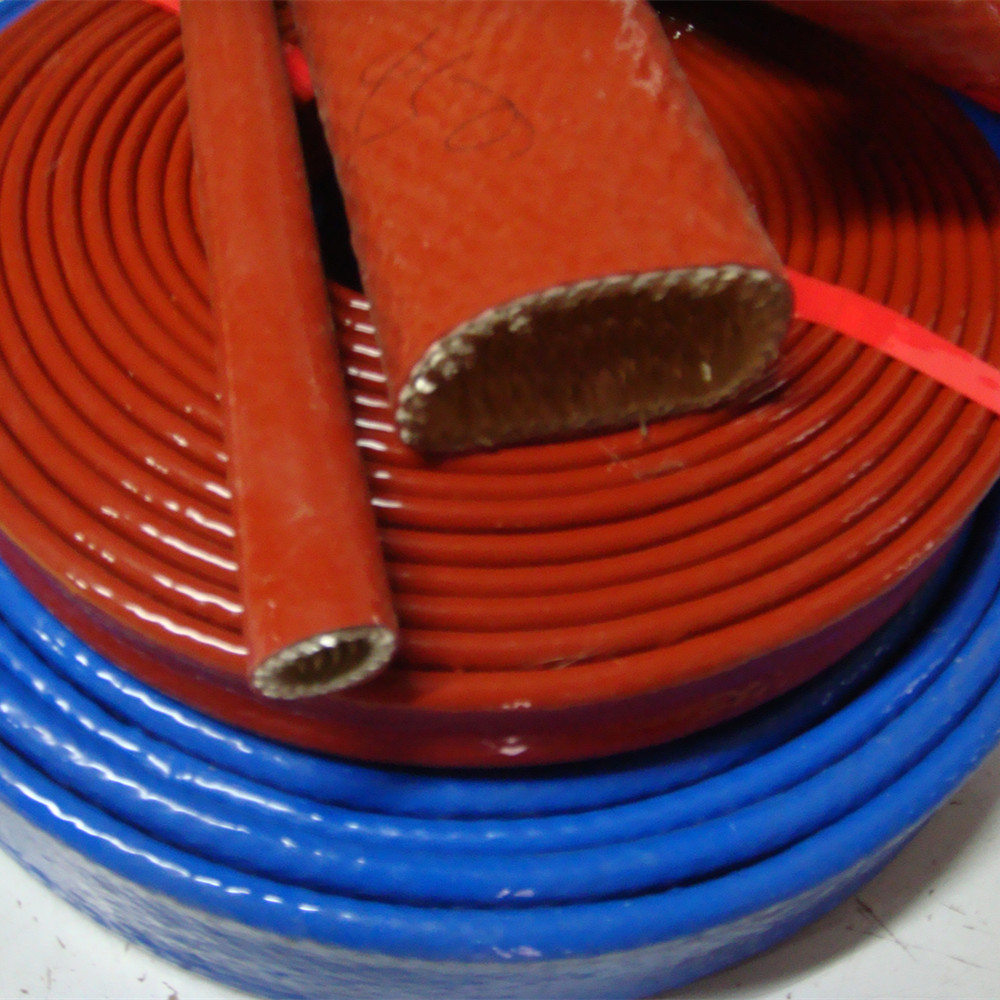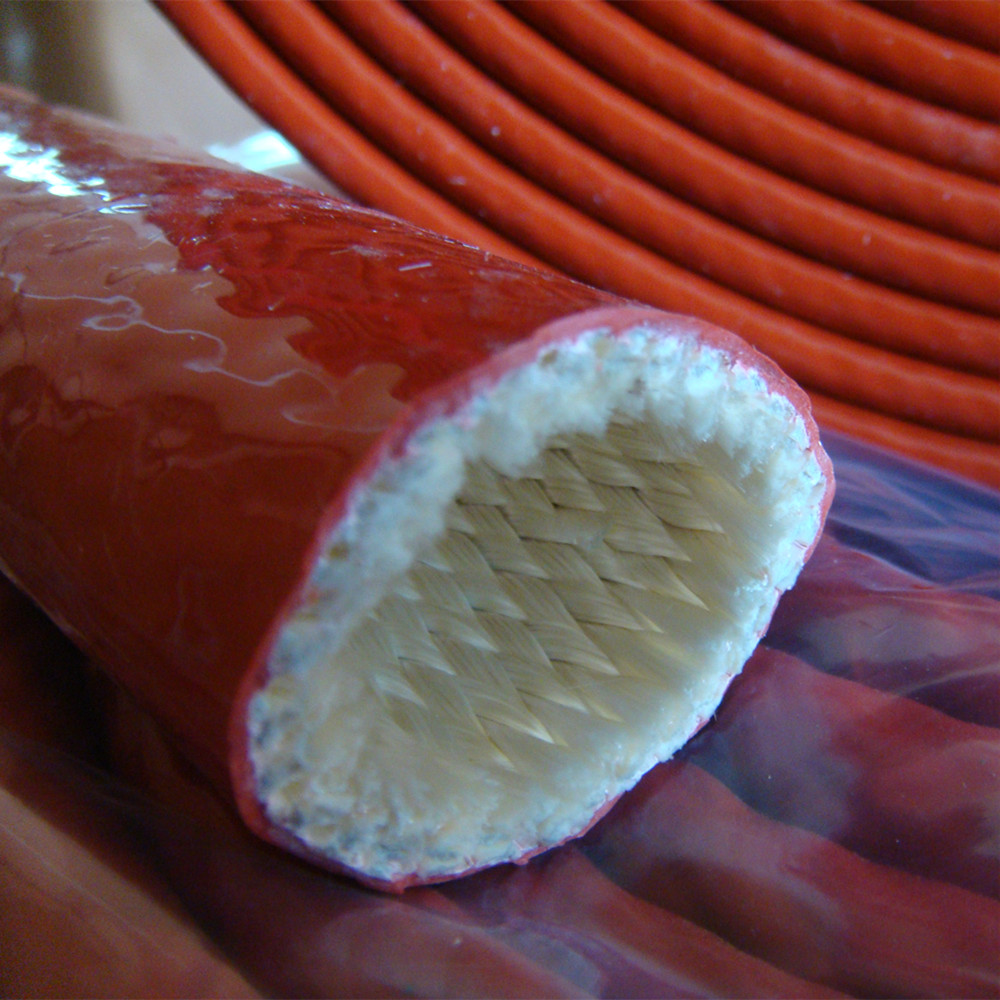실리콘 코팅 방화 슬리브는 여러 메커니즘을 통해 유압 호스와 케이블을 보호합니다.
단열: 방화 슬리브는 유리 섬유 슬리브 위에 고온 저항성 실리콘 코팅으로 만들어졌습니다. 이 구조는 탁월한 단열 기능을 제공하여 열이 유압 호스와 케이블에 도달하는 것을 방지합니다.
내화성: 실리콘 코팅은 본질적으로 내화성이 있어 화염과 강렬한 열로부터 호스와 케이블을 보호하는 데 도움이 됩니다. 장기간 고온을 견딜 수 있으므로 화재 노출 시 손상을 방지할 수 있습니다.
마모 저항: 실리콘 코팅 슬리브는 뛰어난 내마모성을 제공하여 다른 표면이나 물체와의 마찰로 인한 물리적 손상으로부터 호스와 케이블을 보호합니다.
수분 및 내약품성: 실리콘 코팅은 습기, 오일, 연료 및 다양한 화학 물질에 대한 장벽을 제공하여 유압 호스와 케이블이 이러한 물질의 영향을 받지 않도록 합니다.
열 억제: 화재 발생 시 슬리브는 자체적으로 열을 억제하여 열이 다른 구성 요소로 확산되어 추가 손상을 일으킬 위험을 줄입니다.
유연성 및 내구성: 실리콘과 유리 섬유를 결합하여 유연하면서도 내구성이 뛰어난 슬리브를 만들어 진동, 굽힘, 악천후 노출 등 가혹한 작동 조건을 견딜 수 있습니다.
전반적으로 실리콘 코팅 방화 슬리브는 다양한 환경 및 작동 위험에 대한 포괄적인 보호 기능을 제공하여 유압 호스 및 케이블의 수명을 연장합니다.

